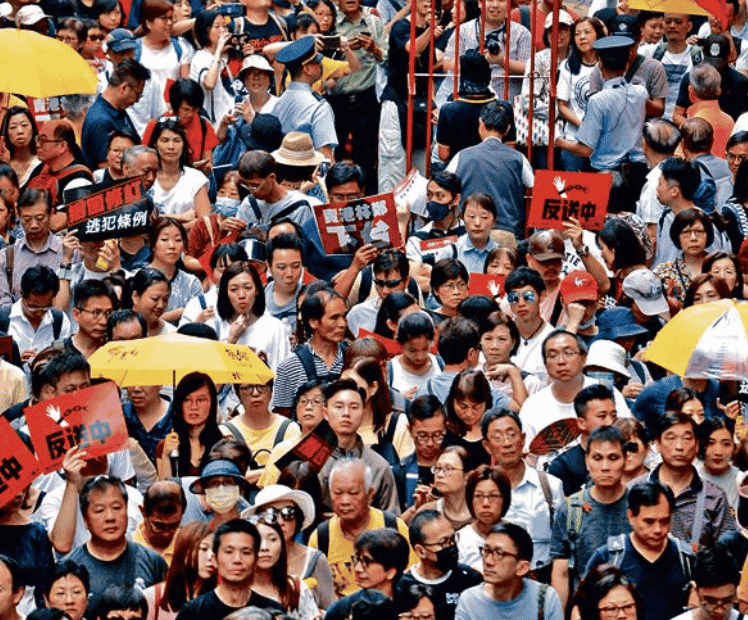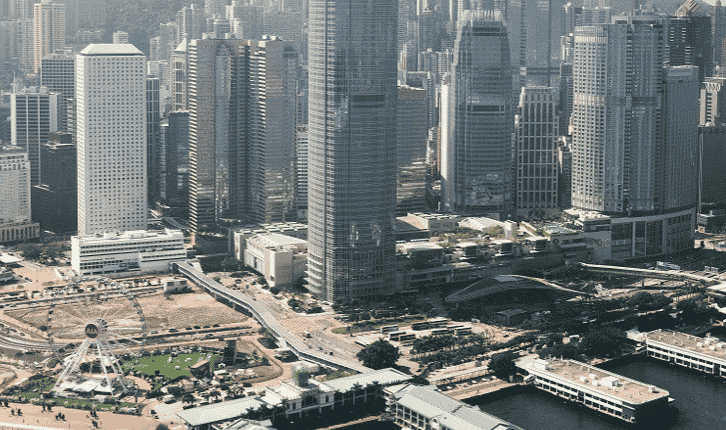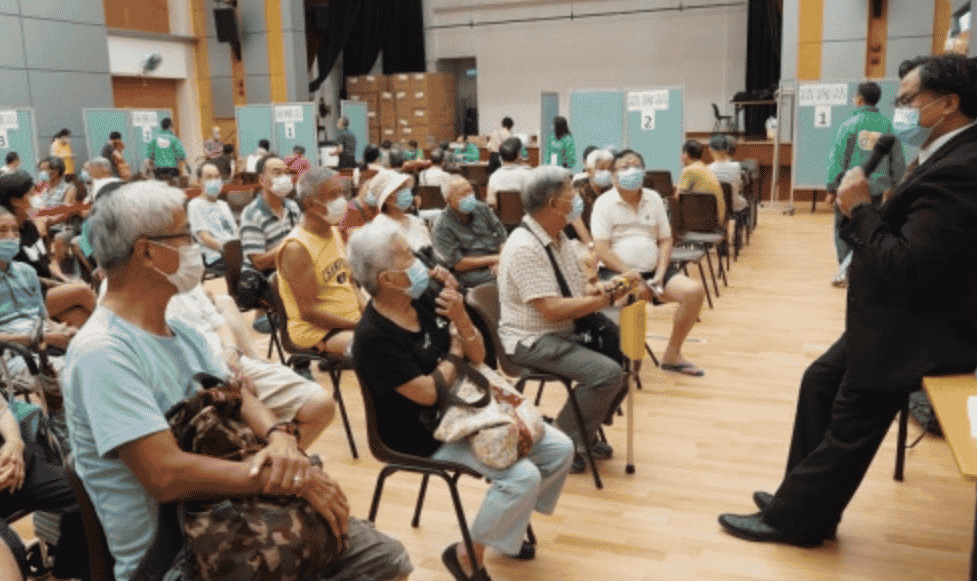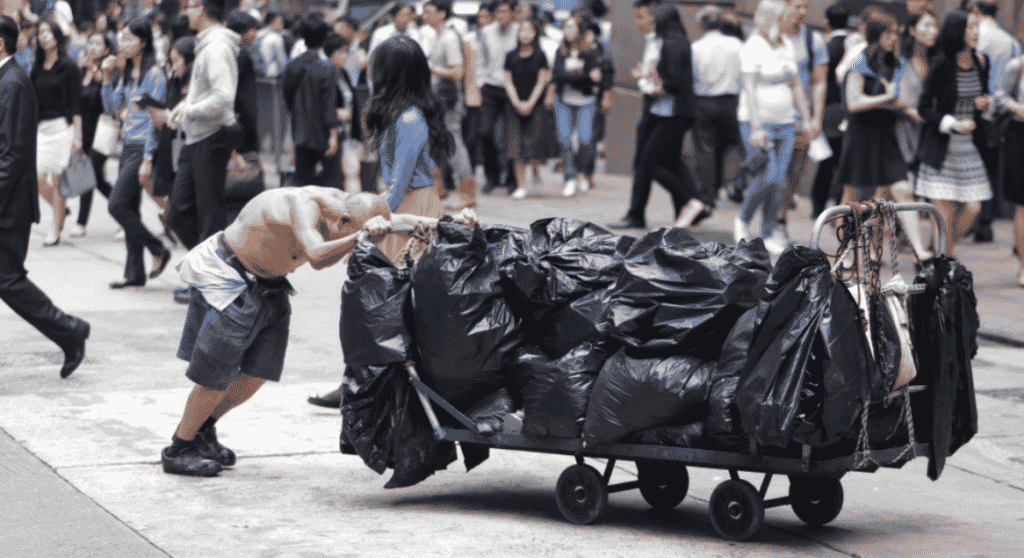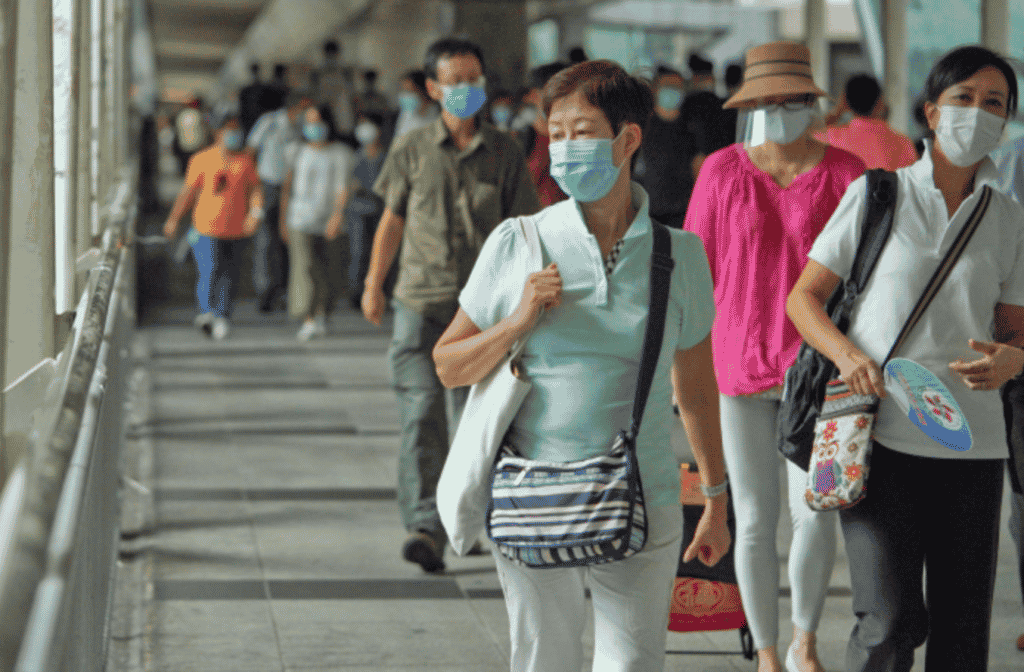Contradictions among public opinion are difficult to resolve
The intimidation is endless and continues to escalate under the banner of civil disobedience. The non-violent resistance advocated by Gandhi did not take place in Hong Kong, but instead became divided. This may be a tragic footnote for the 150th anniversary of his birth. One extreme is waiting for the People's Liberation Army to enter the city, let the central government take over Hong Kong, and expel foreign judges; the other extreme calls for the establishment of a provisional parliament, the organization of civil self-defense forces, and "not cutting off seats even if nuclear bombs are dropped." The two camps grew further and further apart, eventually becoming a tug of war with no winner.
Contradictions among public opinion are difficult to resolve Read More »



